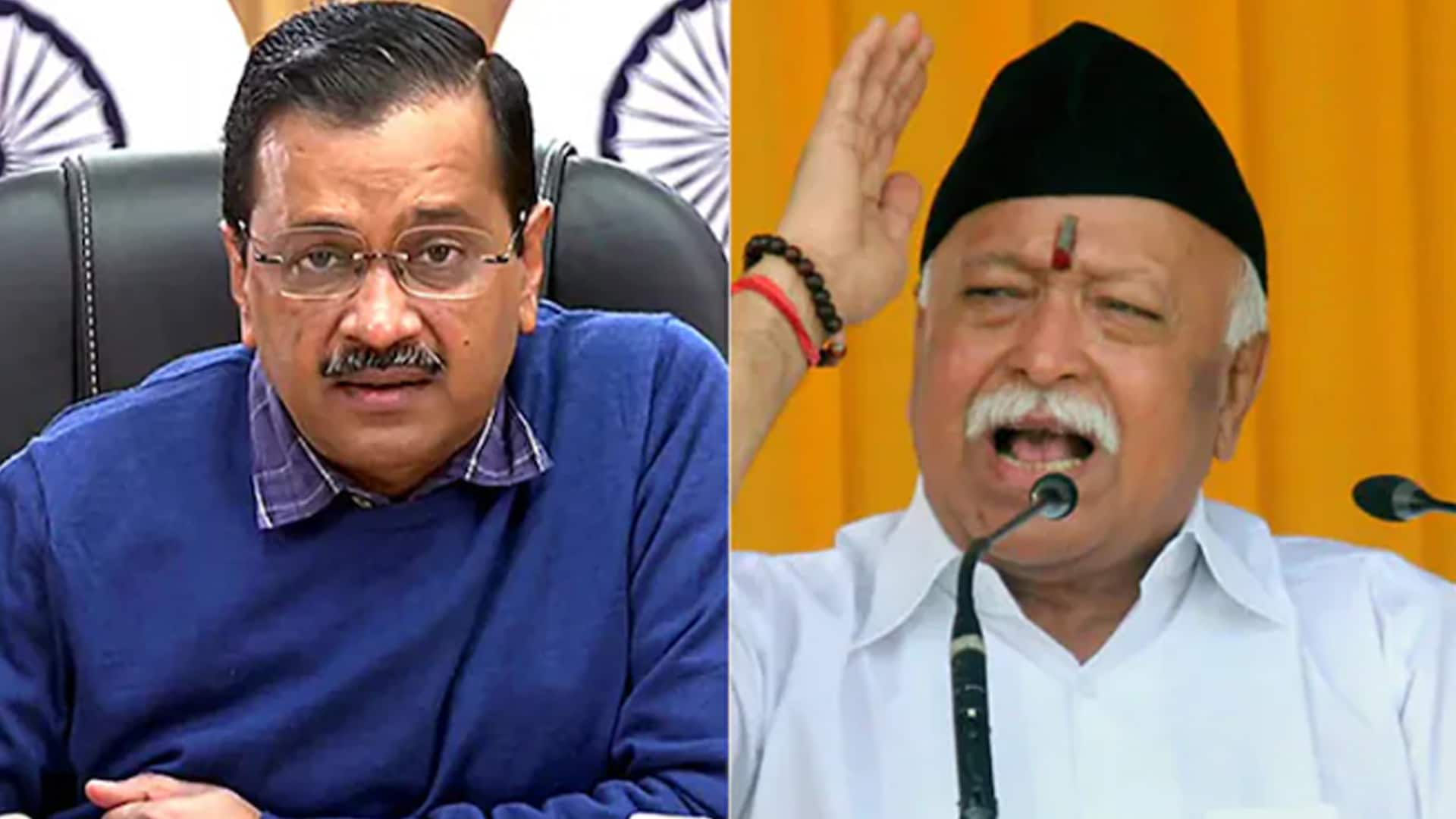
Delhi has unveiled a new curriculum called “Rashtraneeti,” under which students from Class 1 up to Class 12 will learn about a range of political and historical organisations, with the RSS among them. The administration frames the change as an attempt to educate youth on civic values, national unity and ethical governance.
Bharadwaj—who formerly held a ministerial post in Delhi—affirmed that AAP does not oppose examining the RSS in the classroom; his objection is to what might be censored or omitted. He highlighted that the organisation’s refusal to support the Quit India Movement, its historical reluctance to hoist the national flag at its Nagpur headquarters for decades, and associations with figures like Nathuram Godse are topics that must not be sidelined.
He noted the RSS never played a prominent role in the national freedom struggle, and questioned whether students would be taught that the RSS opposed mass civil disobedience in 1942. He also asked whether the curriculum would mention that the Sangh did not hoist India’s tricolour at its headquarters for more than five decades. In his view, those items are inconvenient truths that a favourable narrative might omit.
Sanjay Singh, AAP’s Rajya Sabha MP, deepened the critique by drawing attention to the RSS’s leadership demographics. He pointed out that the organisation has never had a Dalit, backward-caste, tribal, or woman head, describing it as regressive and raising concerns about its stance on reservations. Singh accused the RSS of being at odds with constitutional principles.
The Delhi BJP rejected the criticisms. Spokesperson Praveen Shankar Kapoor defended the RSS’s legacy, claiming its social service work is well known and deriding Bharadwaj’s objections as politically motivated attempts to create discord. He challenged the AAP leader to clarify which episodes of the Sangh’s history he would be comfortable teaching.
Education Minister Ashish Sood has stressed that the curriculum will balance multiple perspectives, integrating the RSS alongside other organisations involved in India’s historical and political life. He said the move seeks to foster civic consciousness among students and strengthen national identity through awareness of ideological diversity.
But scepticism is mounting among educators, historians and opposition parties across the political spectrum. They warn that embedding ideology into state curricula can easily tip into partisanship and propaganda. Critics argue that selective memory or decontextualised presentation may distort history rather than deepen understanding.
Congress leaders have also weighed in, denouncing the initiative as a vehicle for ideological messaging. They question whether textbooks will carry space for dissenting scholarship or critical historical methods. Some urge that schools should prioritise teaching fact-based scholarship over glorification of any organisation.
Neutral observers and education experts caution that the design of teaching material, choice of textbooks, and training of teachers will determine whether the curriculum is broadening or narrowing. They emphasise the need for peer review by independent historians and open stakeholder consultation.
